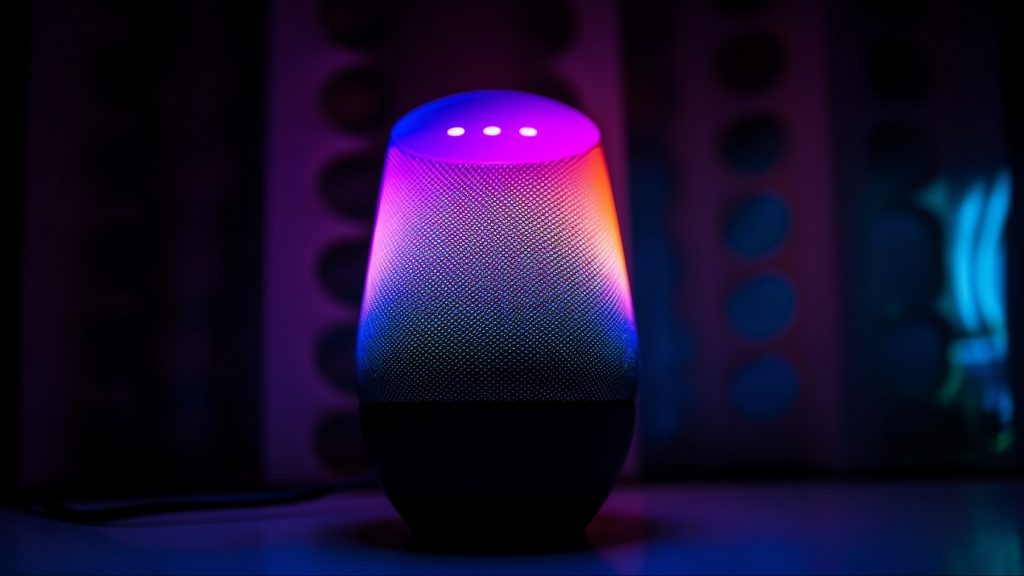
In 2024, we are on the brink of a foundational change as digital assistants like Siri, Google Assistant, and Amazon’s Alexa undergo significant upgrades with human-like AI capabilities.
This integration is ready to change the way we interact with our devices, transforming them from tools into intelligent partners in our daily lives.
For years, digital assistants have been helpful yet limited in their capabilities, often restricted to basic tasks like setting alarms or checking the weather. However, the upcoming integration of large language models, similar to those powering ChatGPT, promises to enhance these assistants’ understanding and responsiveness, making them more akin to human-like interactions.
In 2024, digital assistants will be able to comprehend and execute complex, multi-part commands. They will understand natural language more effectively, breaking down the communication barrier that currently exists between humans and machines. This leap in technology will not only make our interactions with devices more intuitive and efficient but also enable a more personalized experience.
Google’s introduction of Gemini, its next-generation AI, exemplifies this shift. Gemini, along with its mobile version Nano, aims to merge the capabilities of AI chatbots like Bard with digital assistants, creating a seamless experience that combines the ability to execute tasks with the intelligence to understand and collaborate on more complex requests.
Similarly, Apple, though perceived as lagging in this race, is making strides with its own ambitious AI initiatives. The integration of these advanced technologies into iPhones will bring a significant enhancement to Siri, making it a more capable and intelligent assistant for the millions of iPhone users globally.
Amazon, not to be left behind, has also unveiled its chatbot, Q, indicating a similar path towards enhancing Alexa’s capabilities. These advancements suggest a future where digital assistants are not just voice-activated helpers but intelligent agents capable of understanding and assisting with a wide range of tasks.
The implications of these developments are vast. Beyond personal convenience, this evolution of digital assistants has the potential to redefine our interaction with technology. It signals a shift towards a more integrated and intelligent technological environment, where devices can communicate more effectively with each other and with us.
This advancement is not without its challenges and ethical considerations. As digital assistants become more ingrained in our daily lives, issues around privacy, data security, and the ethical programming of human-like AI will become increasingly important. There is also the concern about over-reliance on technology and the need to maintain a balance in our digital and real-world interactions.
Inside Telecom provides you with an extensive list of content covering all aspects of the tech industry. Keep an eye on our Intelligent Tech sections to stay informed and up-to-date with our daily articles.